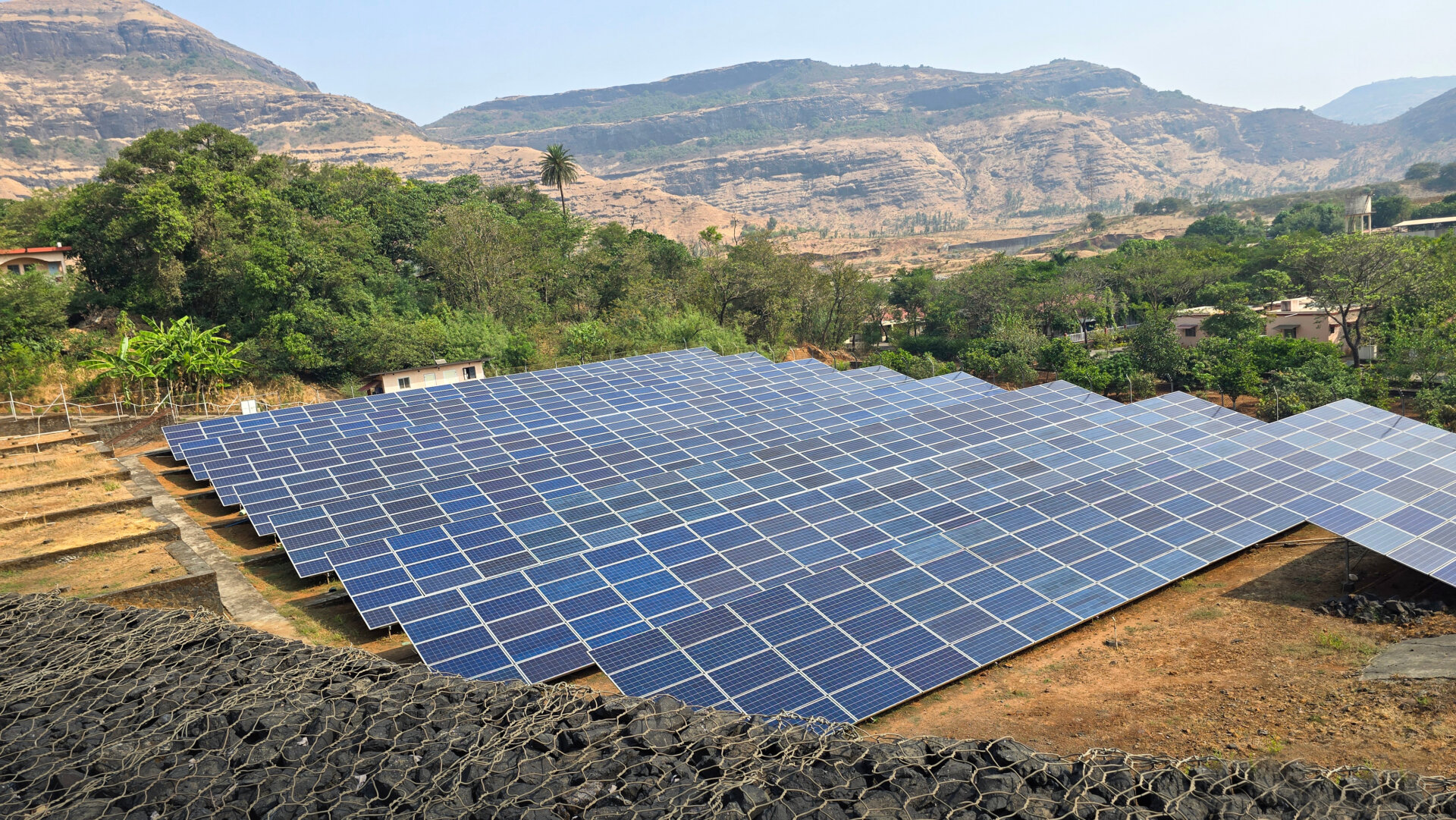Investment treaties with investor–state dispute settlement (ISDS) provisions are often perceived as necessary to protect foreign investments into clean energy projects. However, it is unclear whether ISDS is indeed a factor in attracting investment in practice. Moreover, such provisions can result in curbing host countries’ climate ambitions, and successful claims can be financially disastrous. A package of alternative investment governance options can offer similar protection, but with lower risks to both host countries and the global energy transition.
ISDS mechanisms allow foreign investors to sue host governments if those governments harm their business interests. Over time, this has limited countries’ right to regulate, even when pursuing legitimate policy objectives such as climate mitigation and environment protection. By protecting fossil fuel investments, investment treaties with ISDS are undermining the global energy transition.
In theory, the protections offered by ISDS provisions – which can be particularly valuable for large-scale, capital-intensive projects – may be especially relevant to clean energy projects. However, there is no conclusive evidence that renewable investors consider ISDS a key factor when making investment decisions or that ISDS attracts foreign direct investment to host states.
Alternatives to ISDS to support clean energy investments
In our briefing, we explore three alternative tools that may protect foreign investors from regulatory changes. Taken together, these mechanisms can offer similar benefits to investors, with the advantage lower risks to the regulatory and fiscal space of the host country.
- Political risk insurance. Investors can seek insurance coverage against a defined political risk trigger event occurring. This offers direct protection and provides more certainty to investors, because they don’t need to go to arbitration to seek compensation. While home states recover costs from host states, the financial impact for hosts states is lower than with ISDS as compensation tends to reflect book value rather than projected profits.
- Co-investing with national, regional, and multilateral stakeholders. Co-investing with public entities allows for public negotiation and diplomacy if there is a threat to an investment. Host countries benefit from the increased investment flows that these arrangements bring.
- Bilateral partnerships. Various partnership models signal political support for certain policy trajectories, and establish a mechanism for cooperation that can potentially help prevent or manage unexpected policy shifts. For host countries, such partnerships can mobilise investment in sectors that align with their policy priorities.


